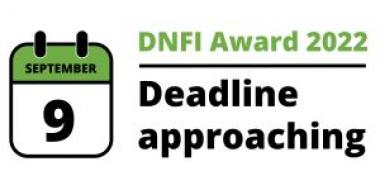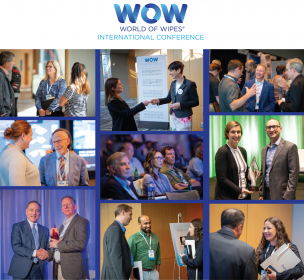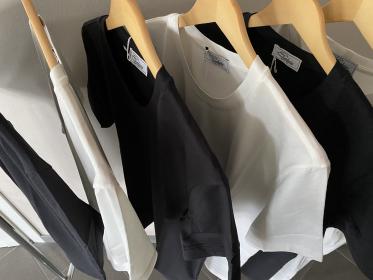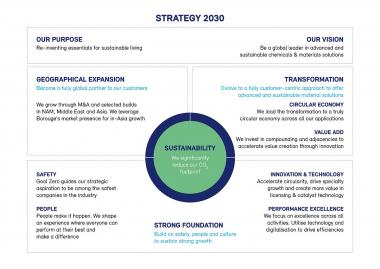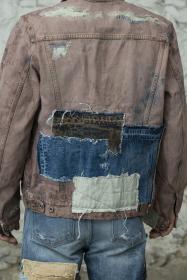DNFI Award 2022 open for applications – Deadline 9 Sept
Natural fibres offer mechanical strength, low weight, and resilience, as well as renewability and biodegradability, making them ideal partners to high-tech, modern, and sustainable textile applications. The DNFI Innovation in Natural Fibres Award offers recognition for outstanding design and innovation in this important textile sector.
The DNFI award has proven to be successful in raising awareness of the outstanding work being done by specialists in this field and previous winners speak of their appreciation for the subsequent media coverage and interest in their work.
- Applicants are invited to submit their proposals by email to: Secretariat@dnfi.org.
- Application templates are available on the DNFI web site: https://www.dnfi.org/dnfi-award
- Closing Date for award applications is 9. September 2022.
- A maximum of two extra pages (for a total of three pages) of information and three photographs/graphs/tables may be included with this submission.
DNFI


